Brexit issues that impact the poultry sector
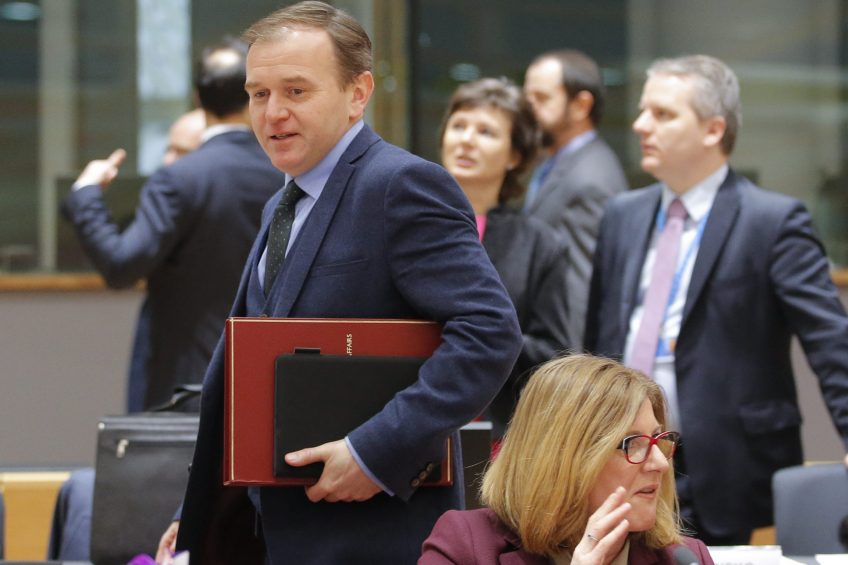
Migrant labour, free trade and food security post-Brexit must be addressed to enable the UK poultry industry to thrive.
The call came from Northern Ireland DUP MP Ian Paisley in an adjournment debate in Parliament this week following the passing of the Brexit Bill through both Houses.
Mr Paisley paid tribute to the industry, which produces 950m birds a year and is valued at £4.6bn.
Migrant labour with in the poultry sector
He said 60% of the 37,300 people employed in the UK poultry sector were non-UK workers, who urgently needed certainty about their contracts.
“They are not employed in some low-skilled industry – they are well-educated and contribute to the towns and villages…and are employed in a sector to which it is difficult to attract our local, home-grown workforce.
“The Government must look at a favourable visa and immigration scheme that stabilises the situation and ensures that need is met in the coming years.”
Trade
He urged the Minister to put a greater focus on apprenticeships, ensure a higher procurement of British food in hospitals, schools and prisons and open up third country markets to trade with utilising a strong British food brand.
Mr Paisley urged the Government to open markets in Asia, particularly China and America: “The terms that we secure should be equal, if not better, than we have in the EU,” he added.
Ag minister wants best possible trade terms with EU
Agriculture Minister George Eustice said the poultry industry was dynamic and valuable, contributing £3.3bn/year to UK GDP with exports totalling £250m, including £68m to the Irish Republic in 2016.
Mr Eustice said Moy Park played an important contribution to the economy as Northern Ireland’s largest employer and major supplier to UK supermarkets and restaurants.
He added that on exiting the EU, he wanted to have the best possible terms of trade between the UK and EU, which included a “bold and ambitious free trade agreement that removes as many barriers to trade as possible.”
The UK, he added, would be more vocal on the world stage, including the OIE and Codex Alimentarius, which set standards for international food safety and animal welfare.
Lower welfare standards in the Americas
Responding to concerns about lower animal welfare and food safety standards in the Americas, Mr Eustice said it was important that the UK did not put itself at an unfair disadvantage.
And he acknowledged the importance of migrant labour in the sector: “It is incredibly important that we put in place a new type of partnership with the EU that enables us to control immigration, but that crucially, allows us to enable some people to come here to work – be that on temporary work permits – that could be for some low-skilled people – or on longer-term posts, for some of the more skilled positions.”
Speaking after the debate, British Poultry Council chief executive Richard Griffiths said he was delighted that poultry meat is recognised as an essential sector in British food production and was being debated at the highest levels.
“For the poultry meat sector, Brexit means a strong British brand with standards and values that are reflected in the best deal possible on access to labour and on trade.
“Put bluntly, without these 2 elements safeguarded, the British poultry meat sector will not exist.. and British food security will be compromised,” he added.
Join 31,000+ subscribers
Subscribe to our newsletter to stay updated about all the need-to-know content in the poultry sector, three times a week. Beheer
Beheer

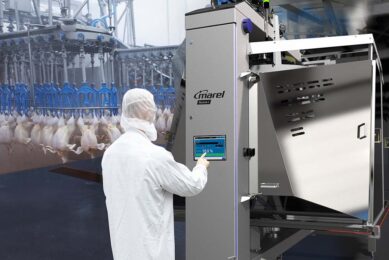
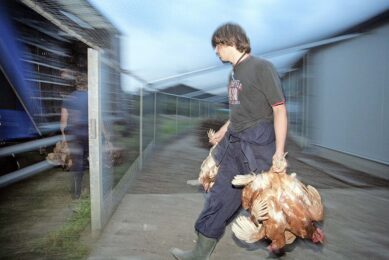
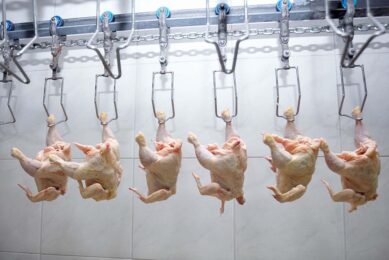
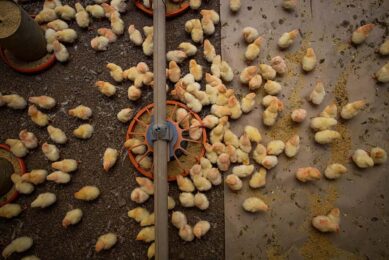



 WP Admin
WP Admin  Bewerk bericht
Bewerk bericht